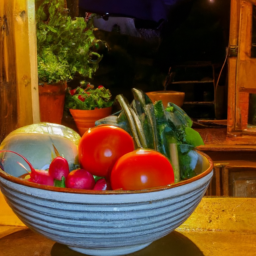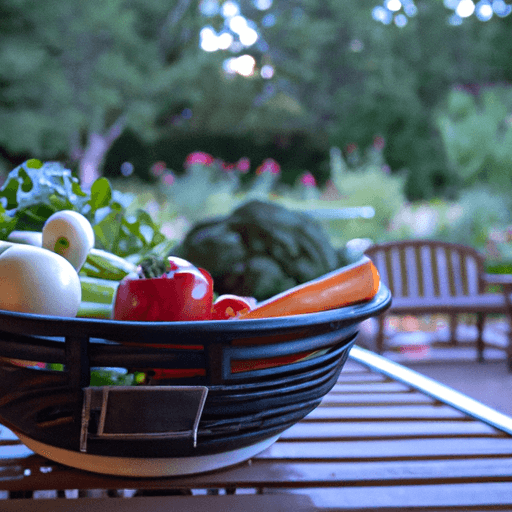479
Newsletter
Subscribe to our newsletter for exclusive content, latest news and trends, and exciting new features.
Tranding
Categories
Pets and animalsEducation and learningEntertainmentBusiness and entrepreneurshipEnvironment and sustainabilityBeauty and personal careMusic and EntertainmentFood and cookingHome and gardenHealth and wellnessLiterature and writingLifestyleArts and cultureScience and natureSports and fitnessTravel and tourism
TechnologyGaming and esports



















Comments
Leave a Comment